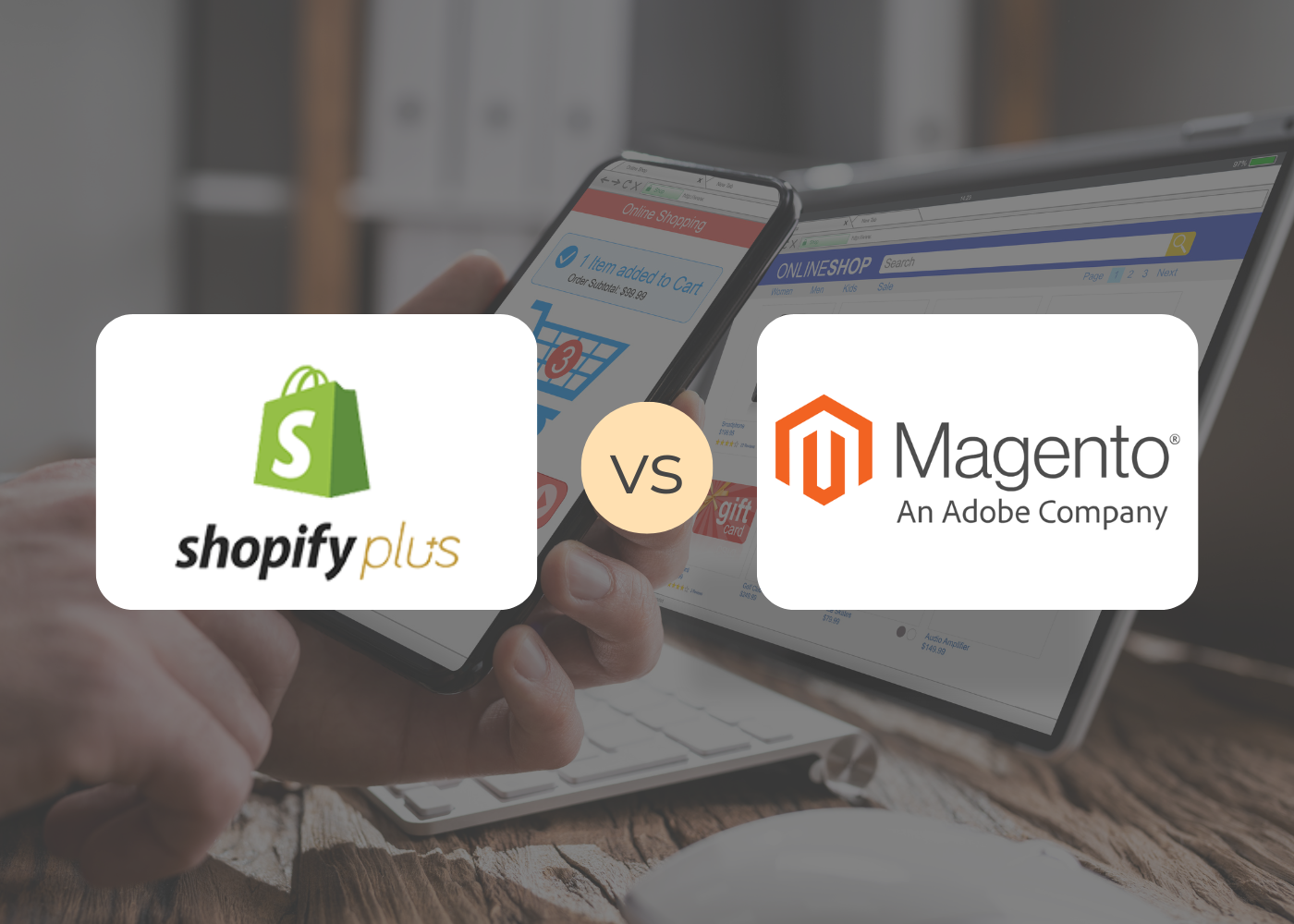“If you build it, they will come.” We all remember this gripping one-liner from Field of Dreams. Though provoking in thought, and encouraging in sentiment, building anything isn’t that simple.
A lot of furniture brands (manufacturers) think this way—if we slap up a site, upload some images, and add a cart, it will all fall into place. Those brands are wrong. Selling online isn’t that easy and many furniture brands haven’t even begun the shift to an eCommerce model, putting them far behind the curve.
Consumers rely on the internet to research, find, and ultimately purchase items they want. For years the furniture eCommerce game was exclusive to the 3rd party sellers, but B2B has begun to feel the pressure. Brands are experiencing a rise in expectations from their retailers, as consumer demands become more specialized. Retailers are more educated and expressive than ever before and expect their digital experiences to reflect such.
Customers expect great experiences from a brand’s product, retailers should expect the same from a brand’s website.
Furniture retailers want eCommerce experiences.
B2B furniture retailers expect more from their digital experiences, which in return, has put downward pressure on furniture brands. For brands hesitant in the past to make this move, or have done so poorly, know that eCommerce is only going to grow—it’s not going away. Getting into the game too late will be catastrophic to your business.
Today, there are more millennial B2B buyers than ever, 76% of the population actually, and their standards are high. Creating a streamlined B2B eCommerce experience that allows retailers to shop as they would online every day, makes it easier and more intuitive.
It starts with high-resolution visuals and detailed product information. This ensures retailers recognize the quality and have confidence in your products. With dynamic photography and video content, retailers are empowered to promote your products throughout their marketing and on the sales floor. Similarly, having the respective documentation, such as dimensions and pricing information, move them steps closer to purchase—as most retailers use a brand’s website as a selling tool in-store. Having this readily available will cut down on unnecessary customer service calls, saving time internally.
It’s simple—a great experience for retailers will increase the frequency of orders, the average order value, and will open doors to new opportunities as well.
eCommerce experiences create operational efficiency
Not only does eCommerce provide benefits for furniture retailers, but it also has a long list of benefits for furniture brands as well.
A well-executed, digital model can increase productivity, reduce mistakes made by human error, and provide priceless access to data. Having purchase data can provide more insights into the products that sell the best (or the worst), helping the production team know what items to stock and possibly indicate which lines to discontinue.
Quite plainly, increasing operational efficiency puts dollars back into the pockets of the brand. Let me tell you why:
Transitioning from Paper to Digital
Moving away from expensive paper catalogs and manual order entry systems is a must. Find a model that favors eCommerce transactions, saves time, and reduces errors. Imagine instead of reprinting a catalog every time there’s a change in price, you make the change instantaneously in the digital catalog, which translates to your retailer for them to list.
Real-Time Updates
eCommerce is rich with data, and this data has endless possibilities. The ability to integrate directly with your ERP system allows for real-time updates of data like inventory, images, and more. Providing these updates to retailers is essential to keeping their operation running smoothly.
Improve Conversions with a Better Experience
A well crafted B2B eCommerce experience provides top of the line search capabilities and personalization, with product suggestions that can make a retailer’s experience more simple. It knocks down the roadblocks, ultimately increasing buyer frequency and volume of sales. Think about this, when you are shopping online, will you be more likely to make repeat purchases with a company that makes it hard to buy their products? Probably not.
Fun Fact—this is where we plug one of our partners who can help you start your store today. With an eCommerce channel, furniture brands can easily capture the buyers who are hard to reach and may make infrequent and low-volume purchases, as well as the frequent and high-volume purchasers. An eCommerce platform like Magento allows you to attribute different discounts and customer levels right within their account, based on those buying habits. This relieves the hassle of managing different buyers manually.

Magento 2 and B2B
Interested in how Magento 2 could benefit your business? Read our latest whitepaper on Migrating to Magento 2.
Transparency in Shipping
Shipping challenges aren’t exclusive to the furniture retailer, they can plague the brand as well. Implementing the right shipping and post-purchase experience tools allows brands to provide the same kind of visibility into shipping as retailers do. It gives the retailer information such as shipping quotes and automated tracking updates. When furniture brands automate these updates, they reduce calls and save time, not only for them but for the retailer as well. This kind of visibility also creates trust and transparency which is vital for any business relationship.
Flexible Payments
A valuable benefit of B2B furniture in eCommerce is flexible payment choices. With an increased need for furniture brands to rely on repeat purchases as a way to streamline processes, the ability for buyers to purchase with their preferred payment method (credit card, wire transfer, check, etc) makes it far easier for them to come back and place another order. Similarly, if a retailer makes frequent purchases, their information is stored in your system, expediting future purchases.
Start building your digital home.
Furniture retailers are yearning for eCommerce experiences and furniture brands owe it to them to deliver something great. Brands have the opportunity to take the best tools and leverage them to create something that can be a major growth engine for their business.
Now, it’s not a matter of “if you build it”, just when you build it.




